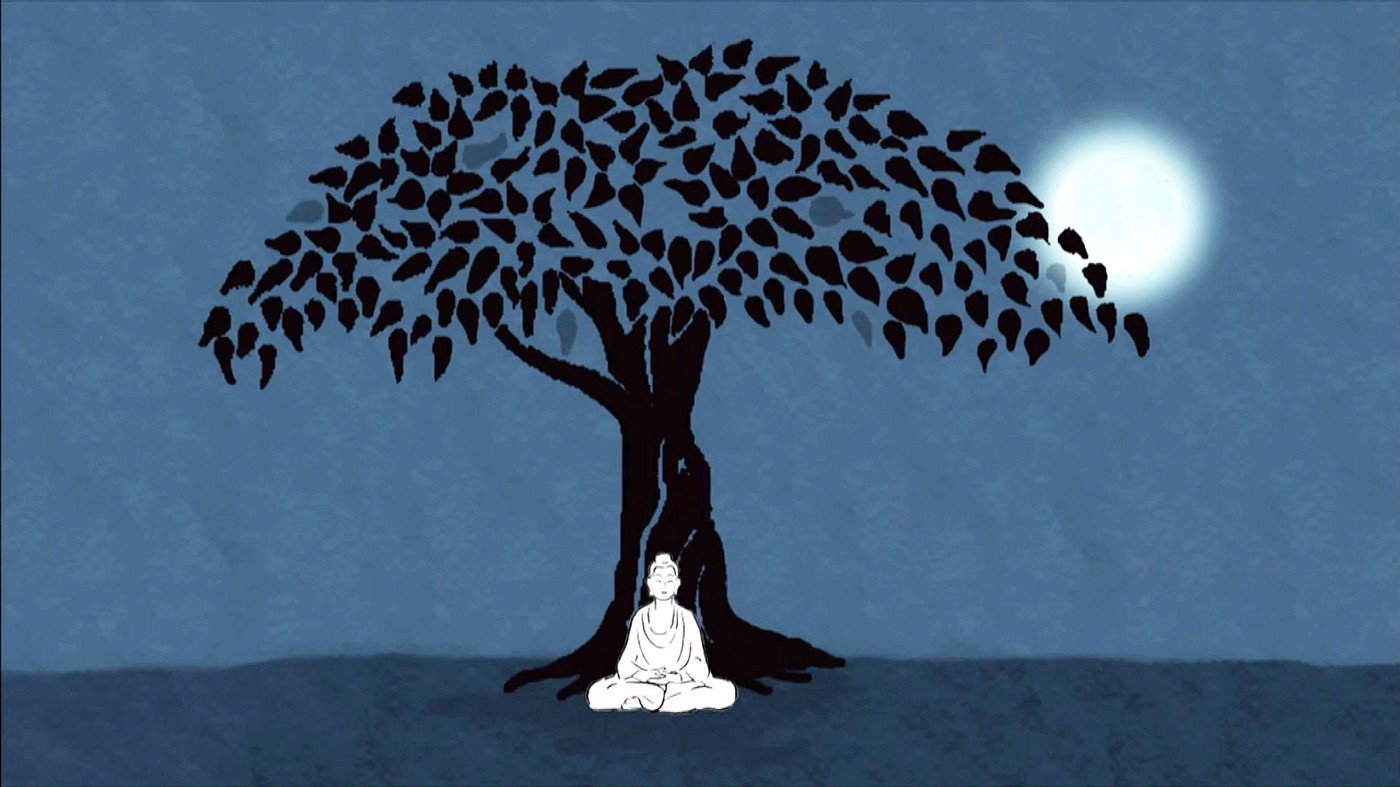Enlightenment - Part 1.
Enlightenment may seem like an abstract esoteric ideal, rather than something relevant to their personal experience. And it is understandable why. Centuries of dogmatic, cryptic rhetoric, coupled with some of the more cringe-worthy aspects of new-age spirituality, have made the concept feel inaccessible or even off-putting to many. For the average person, the mere mention of the word “enlightenment” or “spirituality” automatically puts them in a mode of skepticism.
A New Perspective on Enlightenment
And this is a very unfortunate state of affairs. After millennia of religious and spiritual movements, what remains is a population largely jaded, skeptical, and disinterested in concepts like enlightenment. Perhaps it’s time for a fresh perspective and a reanalysis of what enlightenment truly means and why it matters.
Clarity and Practical Benefits
At its core, enlightenment is simply about seeing life more clearly—like turning on a light in a dark room. And this clarity is immensely practical. After all, wouldn’t you want to know what’s in the room to avoid bumping your head or stubbing your toe on the furniture? Seeing more clearly reduces anxiety and allows you to navigate the spaces of life with greater ease and confidence. Over time, this clarity might reveal deeper layers of life, uncovering truths you weren’t previously aware of.
But there’s no need to get ahead of yourself by diving into grand metaphysical pursuits just yet. The secrets of the universe will reveal themselves in due time. For now, the first step is simple: learn to chill out—to pause before reacting, to breathe, and find a sense of calm amidst the chaotic nature of life. Everything else begins from there.
The First Step is Creating Space
How does one begin to see more clearly? At its core, enlightenment starts with creating a sense of space—a small distance between yourself and the constant noise of the physical world. This doesn’t require retreating to a cave or enrolling in transcendental meditation courses, though such practices can be helpful for some. Instead, it begins with a simple but profound shift: learning to stop reacting so dramatically to everything around you.
It doesn’t mean not taking life seriously, or being blasé and indifferent to the world. It means giving yourself enough mental stability so that you are not swept away by every thought, emotion, or external stimulus.
Breaking the Reactive Cycle
This can be quite challenging because many of us are so accustomed to nonstop thinking, judging, and rushing from one task to another. Living in this reactive state from morning to night is utterly exhausting, and it’s no wonder so many people feel drained and overwhelmed. By learning to pause and quiet the constant noise—both from the world around you and within your own mind—you begin to step out of this cycle of bombardment and reactivity.
As cliché as it may sound, this is the first step toward developing peace of mind, which is, at its core, one of the fundamental goals of enlightenment. It’s not about transcending reality or unlocking the mysteries of existence overnight. Not yet anyway. It’s about learning to find balance, clarity, and a sense of calm amidst life’s chaos. Or, to put it more bluntly, learning to chill the fuck out.
Why Enlightenment Matters
Enlightenment is important because it represents a mode of being that allows you to approach life with greater clarity and focus. It empowers you to understand yourself and your surroundings more deeply, enabling personal growth and equipping you to navigate the struggles of reality with resilience and perspective. You will start to learn to enjoy life, rather than feeling like you are battling it all the time.
